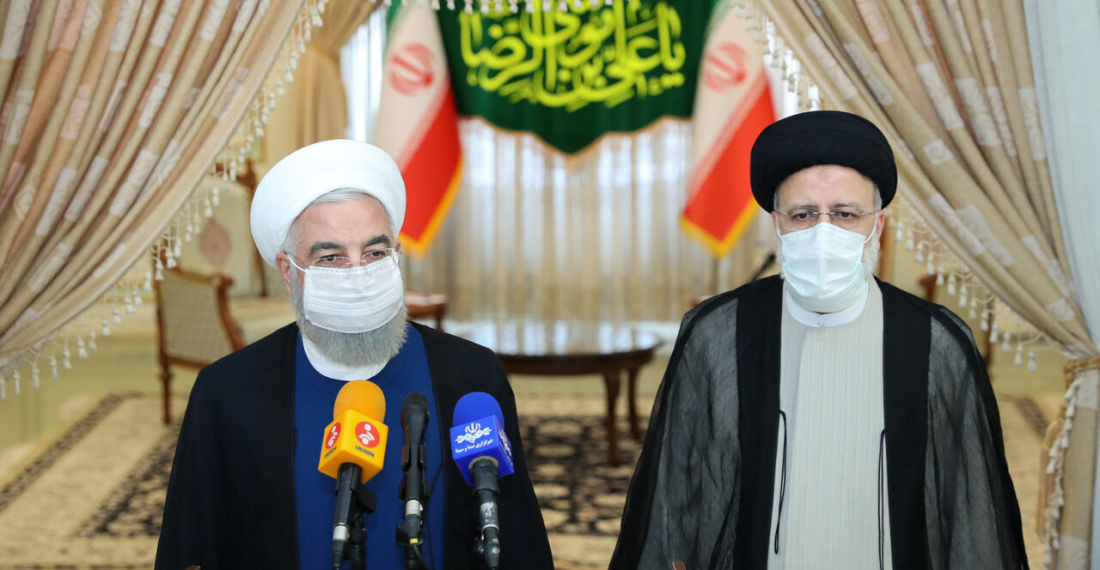Ebrahim Raisi secured a landslide victory on Saturday in Iran's presidential election after a contest marked by voter apathy and held amid economic hardships and political restrictions.
With some 90% of the 28.6 million ballots counted, Raisi's had already secured 17.8 million, interior ministry official Jamal Orfi said, giving him an unassailable lead.
Turnout in Friday's four-man race was a record low of around 48%.
Raisi was appointed by Supreme Leader Ayatollah Ali Khamenei to the high-profile job of judiciary chief in 2019.
Outgoing pragmatist President Hassan Rouhani visited Raisi at his office to congratulate him, and Foreign Minister Mohammad Javad Zarif said he would lead Iran well.
"We will stand by and cooperate fully with the president-elect for the next 45 days, when the new government takes charge," state media quoted Rouhani as saying.
On his part, Khamanei said in a message on Saturday that "the great winner of the election was the Iranian nation, which once again rose to the heart of the country's political arena in the face of the propaganda of the enemy's mercenary media and the temptation of criminals and ill-wishers".
During the election campaign Raisi promised to fight corruption and solve Iran's economic problems, promised to form an active, anti-corruption administration. He also promised to remove US sanctions.
International media has described Raisi’s win as a victory for hardliners and a defeat for the reformists. While Raisi and Supreme Leader Khamenei are suspicious of the West, they both favour a return to an international deal on Iran's nuclear program. Negotiators in Vienna remain cautiously optimistic while each side expects the other to make the first move.
Iranian media said that the Raisi government will have an unmatched position to solve the country's structural problems in coordination with other elements of government. Asr Iran news site said that the coming to power of Raisi is the beginning of a new phase in Iran's history. The expectation in the Iranian media is that the hardliners will control all if not most organs of the states.
Hamed Mousavi, political science professor at Tehran University, said that Raisi is taking over at a time of great difficulty. “Iran’s inflation rate is almost 50 percent; it’s predicted that the government will have a huge budget deficit this year,” Mousavi said to Al Jazeera.
As Iran’s top judge, Raisi held political views described as ultra-conservative views. Raisi will have significant influence over domestic policy and foreign affairs, but it remains in the jurisdiction of the Supreme leader n Ayatollah Ali Khamenei, to have the final say on all state matters.
The 60-year-old cleric has served as a prosecutor for most of his career until appointed head of the judiciary in 2019, two years after losing to outgoing president Hassan Rouhani. He was born in Mashhad, Iran's second biggest city and home to the country's holiest Shia shrine. Raisi, who wears a black turban identifying him in Shia tradition as a descendant of the Prophet Muhammad, followed his father's footsteps and started attending a Shia seminary in the holy city of Qom at the age of 15. He also participated in student protests during the 1979 revolution.







